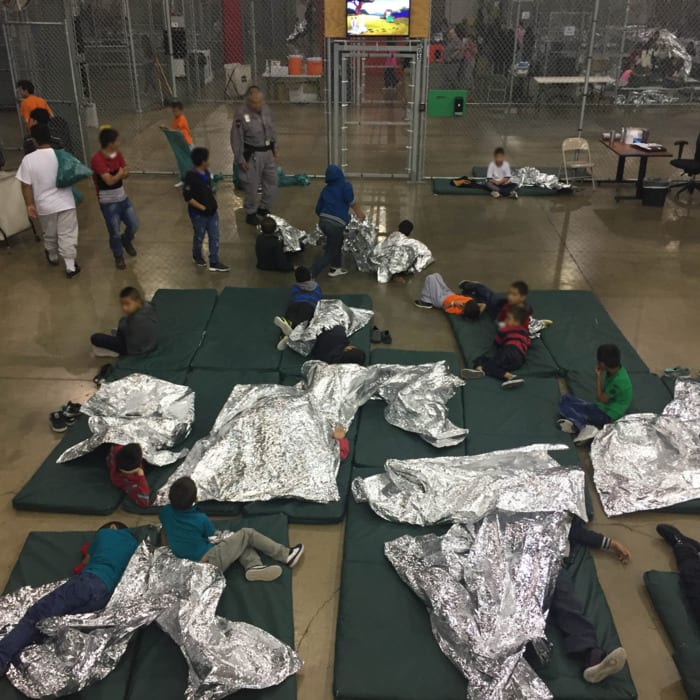 A “Special Review – Initial Observations Regarding Family Separation Issues Under the Zero Tolerance Policy,” was issued by the Office of the Inspector General (OIG) of the Department of Homeland Security on September 27. It concludes that:
A “Special Review – Initial Observations Regarding Family Separation Issues Under the Zero Tolerance Policy,” was issued by the Office of the Inspector General (OIG) of the Department of Homeland Security on September 27. It concludes that:DHS was not fully prepared to implement the Administration’s Zero Tolerance Policy or to deal with some of its after-effects . . . DHS also struggled to identify, track, and reunify families separated under Zero Tolerance due to limitations with its information technology systems, including a lack of integration between systems.
The Zero Tolerance Policy was terminated in June 2018 as the result of public outcry, and the majority of separated children have been reunified with family members. Not all, however. Some remain in custody because a sponsor cannot be located; others who have been released cannot be tracked. The Report notes that different technology systems used by the agencies involved are incapable of communicating relevant data with each other, and cannot integrate information on children still in custody or who have been released. It states that “On June 23, 2018, DHS announced that DHS and HHS had ‘a central database’ containing location information for separated parents and minors that both departments could access and update. However, OIG found no evidence that such a database exists.”
Ofc. of Insp. General, Dep’t of Homeland Security, Results of Unannounced Inspections of Conditions for Unaccompanied Alien Children in CBP Custody (OIG-18-87 Sept. 28, 2018).
Leandra Bernstein, HHS Loses Track of Another 1,500 Immigrant Children, Senators Demand Accountability, NBC24.com, Sept. 18, 2018.